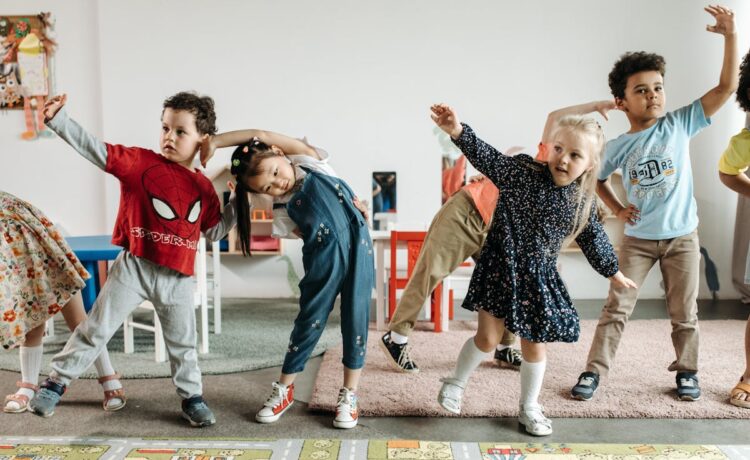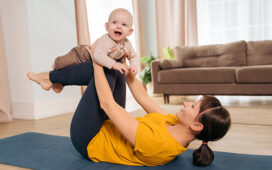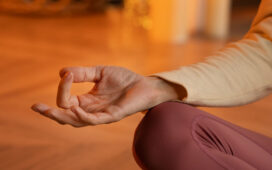Keeping children active is one of the best things you can do for their health and happiness. Regular exercise helps children build strong bodies, develop key skills, and even supports their emotional wellbeing. In a world where screen time is on the rise, encouraging physical activity is more important than ever.
Whether it’s riding a bike, jumping on a trampoline, playing football in the garden or dancing around the living room, there are countless ways for kids to get moving—and have fun doing it.
Here’s a closer look at the many benefits of exercise for children provided by a Private Sixth Form in Surrey and how you can help make movement a joyful part of everyday life.
Supports Healthy Growth and Development
Exercise plays a vital role in helping children grow up strong and healthy. Regular movement strengthens muscles and bones, improves cardiovascular health, and supports the development of coordination and balance. It also promotes healthy posture and flexibility, helping children stay physically resilient as they grow.
Boosts Mental Wellbeing
Physical activity isn’t just good for the body—it’s a natural mood booster too. Exercise triggers the release of endorphins (feel-good hormones), which help reduce stress, anxiety, and feelings of sadness. Active children often feel more relaxed, focused, and positive. It’s also a great way for kids to release built-up energy, especially after a long day at school.
Improves Sleep Quality
Children who are physically active during the day tend to fall asleep more easily and enjoy deeper, more restful sleep. A good night’s sleep is essential for learning, concentration, and overall wellbeing. Encouraging regular play and exercise helps support a healthy sleep routine and a more settled bedtime.
Builds Social Skills and Confidence
Group activities such as team sports, swimming lessons, or dance classes give children a chance to interact with peers, work together, and develop communication skills. These experiences build confidence, teach teamwork, and often lead to lasting friendships. Even informal play, like a game of tag or hide-and-seek, helps children practise cooperation and problem-solving.
Supports a Healthy Weight
Regular physical activity helps children maintain a healthy weight by balancing the calories they eat with the energy they use. Alongside a nutritious diet, movement plays a key role in preventing childhood obesity and supporting overall physical health. It’s not about counting calories—it’s about encouraging an active, balanced lifestyle.
Encourages Lifelong Habits
Children who grow up enjoying exercise are more likely to carry those habits into adulthood. Making physical activity a normal, enjoyable part of daily life teaches kids to prioritise their health and wellbeing. By finding fun ways to stay active as a family, you’re setting a powerful example that will benefit them for years to come.
Enhances Academic Performance
Believe it or not, movement helps with learning too. Studies have shown that children who are physically active tend to perform better in school. Exercise improves focus, memory, and cognitive function, helping kids stay sharp and engaged in the classroom.
Fun Ways to Get Children Moving
- Nature walks: Explore local parks, woodlands, or nature trails.
- Bike rides or scooting: Great for exercise and independence.
- Dance parties: Put on some music and let loose in the living room!
- Obstacle courses: Set up a challenge in the garden or indoors.
- Join a sports club: Football, gymnastics, swimming—whatever they enjoy.
Tips for Encouraging an Active Lifestyle
- Make it fun: Choose activities your child enjoys to keep them motivated.
- Limit screen time: Balance tech use with active play.
- Be active together: Children love moving when their parents join in too.
- Celebrate effort: Focus on enjoyment and participation, not perfection.
Exercise is a powerful tool for helping children lead happy, healthy lives. From building strong bodies to boosting confidence and emotional wellbeing, movement is essential to their development. By making physical activity part of your family’s daily routine, you’re giving your child the best possible start in life.
So, lace up those trainers, head outdoors, and get moving together—it’s one of the most rewarding things you can do as a parent.
















